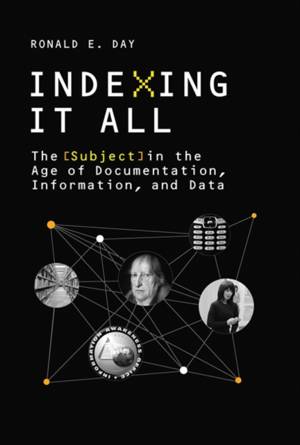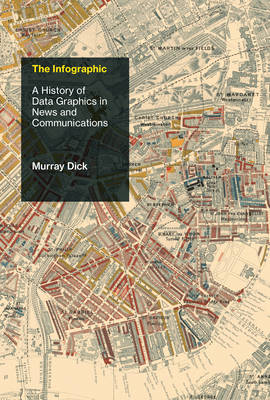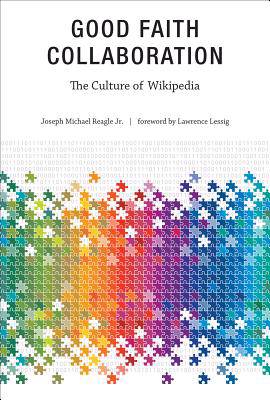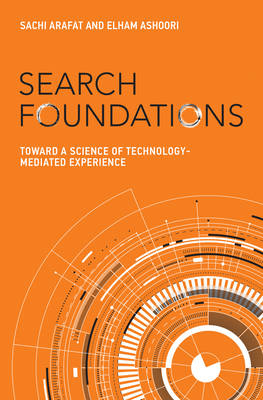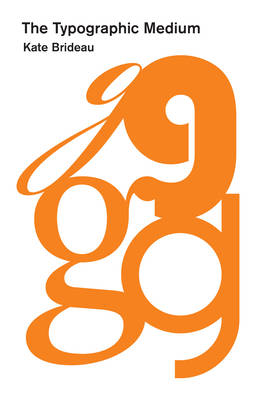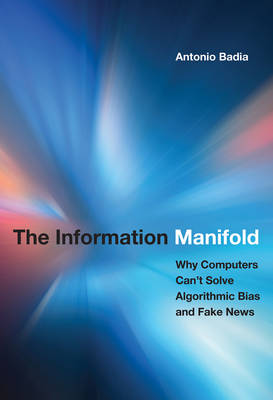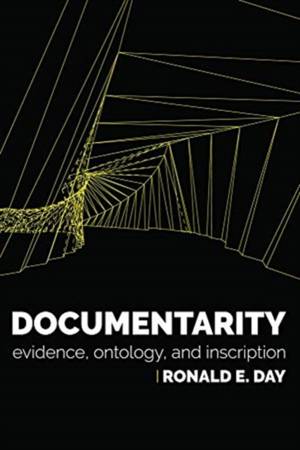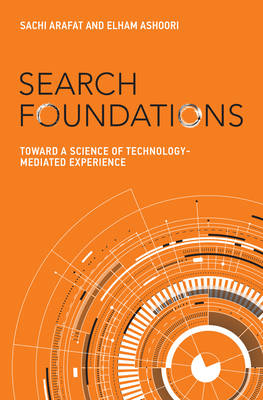
- Retrait gratuit dans votre magasin Club
- 7.000.000 titres dans notre catalogue
- Payer en toute sécurité
- Toujours un magasin près de chez vous
- Retrait gratuit dans votre magasin Club
- 7.000.0000 titres dans notre catalogue
- Payer en toute sécurité
- Toujours un magasin près de chez vous
Résultats pour "History and Foundations of Information Science"
-
Indexing It All
Ronald E. (Associate Professor, Indiana University) Day
- Livre relié | History and Foundations of Information Science
- A critical history of the modern tradition of documentation, tracing the representation of individuals and groups in the form of documents, informatio... Savoir plus
37,95 €Livraison 1 à 2 semaines37,95 €Livraison 1 à 2 semaines -
The Infographic
Murray Dick
- Livre relié | Anglais | History and Foundations of Information Science
- An exploration of infographics and data visualization as a cultural phenomenon, from eighteenth-century print culture to today's data journalism. Info... Savoir plus
51,45 €Livraison 1 à 2 semaines51,45 €Livraison 1 à 2 semaines -
Power of Position
Robert D Montoya
- Livre broché | Anglais | History and Foundations of Information Science
- How biodiversity classification, with its ranking of species, has social and political implications as well as implications for the field of informati... Savoir plus
59,45 €Livraison 1 à 2 semaines59,45 €Livraison 1 à 2 semaines -
Interception
Bernard Keenan
- Livre broché | Anglais | History and Foundations of Information Science
- A media history of how the UK and US governments have surveilled citizens by intercepting their private communications. It may not be Big Brother (yet... Savoir plus
66,95 €Pré-commander, disponible à partir du 27-05-202566,95 €Pré-commander, disponible à partir du 27-05-2025 -
Cats, Carpenters, and Accountants
Wayne De Fremery
- Livre broché | Anglais | History and Foundations of Information Science
- An expansive case for bibliography as infrastructure in information science. Cats, Carpenters, and Accountants argues that bibliography serves a found... Savoir plus
66,95 €Livraison 1 à 2 semaines66,95 €Livraison 1 à 2 semaines -
Good Faith Collaboration
Joseph Reagle
- Livre broché | Anglais | History and Foundations of Information Science
- How Wikipedia collaboration addresses the challenges of openness, consensus, and leadership in a historical pursuit for a universal encyclopedia. Wiki... Savoir plus
11,45 €Livraison 1 à 2 semaines11,45 €Livraison 1 à 2 semaines -
Paper Machines
Markus Krajewski
- Livre broché | Anglais | History and Foundations of Information Science
- Why the card catalog--a "paper machine" with rearrangeable elements--can be regarded as a precursor of the computer. Today on almost every desk in eve... Savoir plus
67,95 €Livraison 2 à 3 semaines67,95 €Livraison 2 à 3 semaines -
Search Foundations
Sachi Arafat, Elham Ashoori
- Livre broché | Anglais | History and Foundations of Information Science
- A call to redirect the intellectual focus of information retrieval and science (IR&S) toward the phenomenon of technology-mediated experience. In this... Savoir plus
127,45 €Livraison 2 à 3 semaines127,45 €Livraison 2 à 3 semaines -
The Typographic Medium
Kate Brideau
- Livre relié | Anglais | History and Foundations of Information Science
- An innovative examination of typography as a medium of communication rather than part of print or digital media. Typography is everywhere and yet wide... Savoir plus
66,95 €Livraison 1 à 2 semaines66,95 €Livraison 1 à 2 semaines -
Bibliometrics and Research Evaluation
Yves Gingras
- Livre relié | Anglais | History and Foundations of Information Science
- Why bibliometrics is useful for understanding the global dynamics of science but generate perverse effects when applied inappropriately in research ev... Savoir plus
45,45 €Livraison 1 à 2 semaines45,45 €Livraison 1 à 2 semaines -
The Information Manifold
Antonio Badia
- Livre relié | Anglais | History and Foundations of Information Science
- An argument that information exists at different levels of analysis--syntactic, semantic, and pragmatic--and an exploration of the implications. Altho... Savoir plus
74,95 €Livraison 1 à 2 semaines74,95 €Livraison 1 à 2 semaines -
Documentarity
Ronald E Day
- Livre broché | Anglais | History and Foundations of Information Science
- A historical-conceptual account of the different genres, technologies, modes of inscription, and innate powers of expression by which something become... Savoir plus
76,45 €Livraison 2 à 3 semaines76,45 €Livraison 2 à 3 semaines -
Indexing It All
Ronald E Day
- Livre broché | Anglais | History and Foundations of Information Science
- A critical history of the modern tradition of documentation, tracing the representation of individuals and groups in the form of documents, informatio... Savoir plus
6,95 €Date de disponibilité inconnue6,95 €Date de disponibilité inconnue -
Paper Machines
Markus Krajewski
- Livre relié | Anglais | History and Foundations of Information Science
- Why the card catalog--a "paper machine" with rearrangeable elements--can be regarded as a precursor of the computer. Today on almost every desk in eve... Savoir plus
59,45 €Date de disponibilité inconnue59,45 €Date de disponibilité inconnue -
Search Foundations
Sachi Arafat, Elham Ashoori
- Livre relié | Anglais | History and Foundations of Information Science
- A call to redirect the intellectual focus of information retrieval and science (IR&S) toward the phenomenon of technology-mediated experience. In this... Savoir plus
76,95 €Date de disponibilité inconnue76,95 €Date de disponibilité inconnue
15 sur 15 résultat(s) affiché(s)





